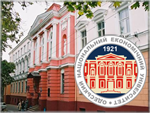
- Grant for Jean Monnet Module |
- Information about the Seminar |
- Program |
- Implementation |
- Dissemination
Program

Session 1.
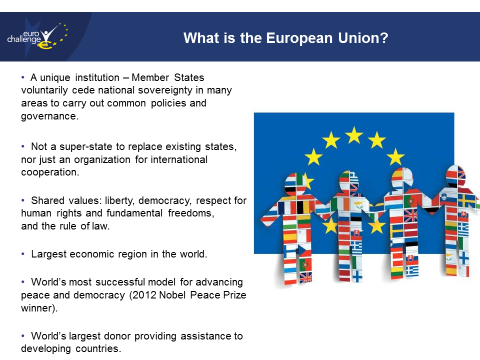
Part 1. Official opening of the Seminar with media and public. Welcomeaddresses by Rector andVice-Rector. Address by Prof. Dr. Alvaro Fernandes.
Questions.
Break 30min.
Part 2. Introduction and Presentation by Prof. Alvaro Fernandes.
Questions and discussion.
Session 2.
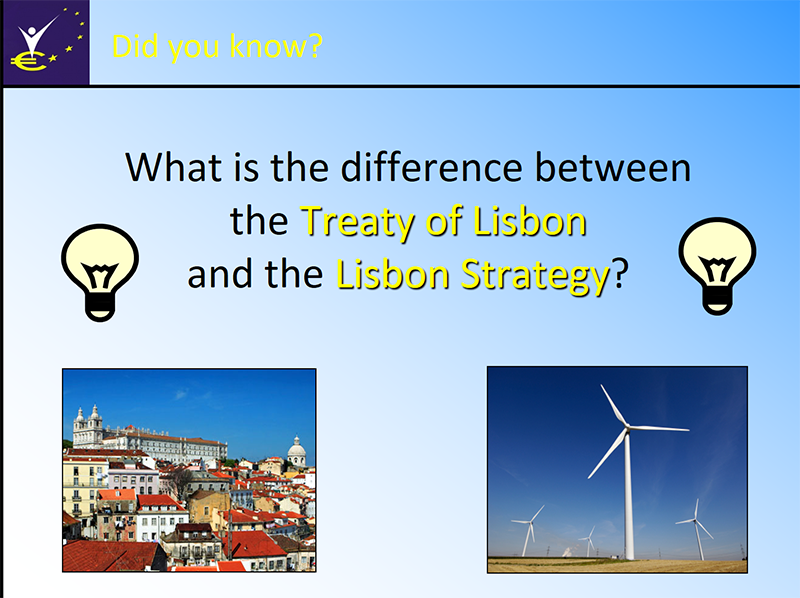
2.1. Basic information on the European Union. How the EU works: The Treaty of Lisbon.
2.2. Breaches of the Treaty by EU members. Changes and amendments due to the debt crisis.
Session 3.
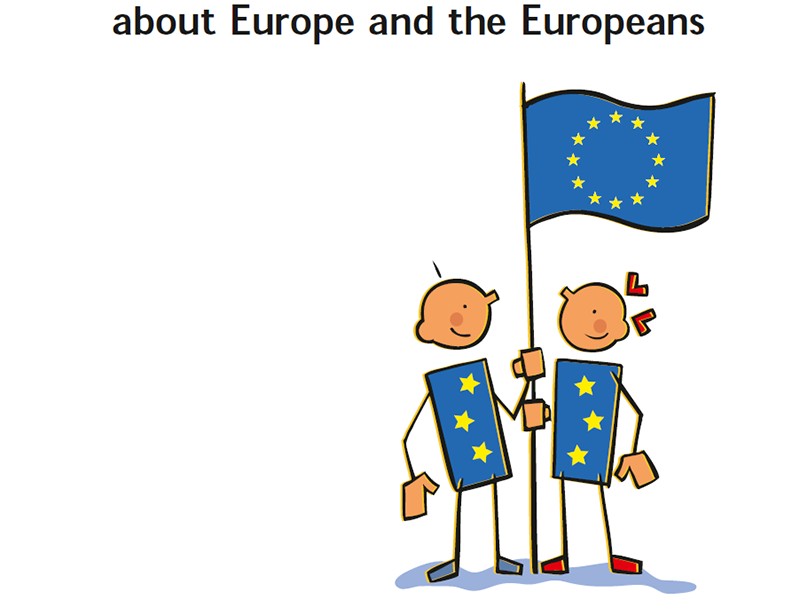
The European Economy. Key facts and figure about Europe.
3.1 Size and population growth
3.2. Economic activity and trade: GDP. Economic strategies for growth and International trade.
Session 4.

European Integration
4.1. Stages of economic integration-From free trade zone to Euro zone
4.2. Theories .Trade creation, trade diversion
4.3. Fiscal Union, Banking Union.
4.4. Political integration (Schengen Zone, Visa policies)
4.5. Future of European Integration.
Session 5.
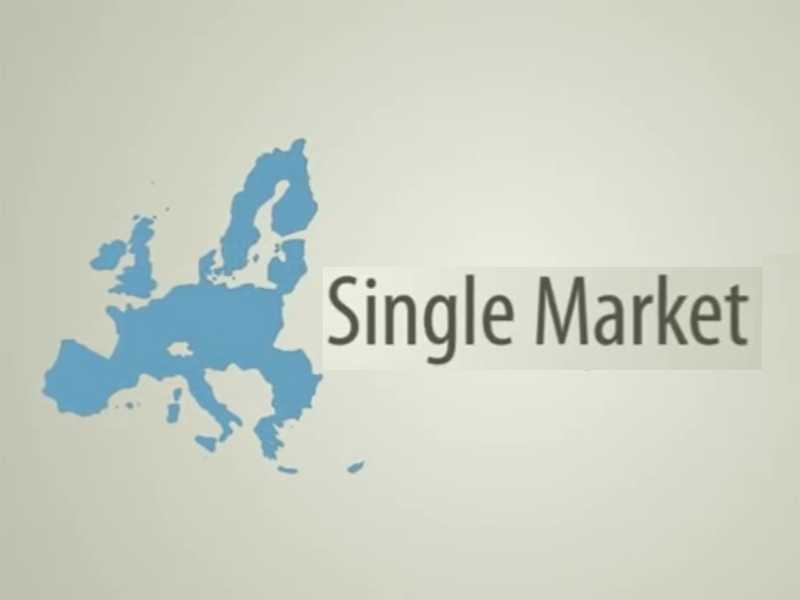
Single European Market
5.1. Free movement of goods in the EU
5.2. Free movement of services, capital and of persons.
5.3. Protection against foreign competition.
5.4. Lisbon strategy for the functioning of the EU internal market
Session 6.
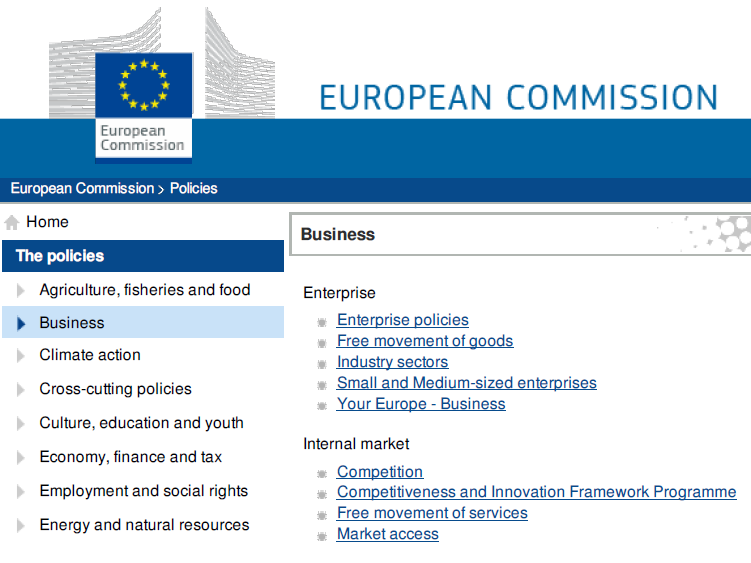
European Union Common Policies
6.1. Business. Industry sectors, enterprise policies, SME´s, single market, free movement, competitiveness, completion.
6.2. Agriculture. CAP, Rural development, food safety.
6.3. Cross-cutting policies. Financial and economic crisis. Europe 2020-new strategy, better regulation, sustainable development, multilingualism.
6.4 Economic, finance and tax. Financial services, budget, competition, customs, economy. Fight against fraud, taxation.
Session 7.

The Common Agriculture Policy.
7.1. The original system of CAP
7.2. Agenda reforms. Meeting the needs of farmers and consumers.
Session 8.
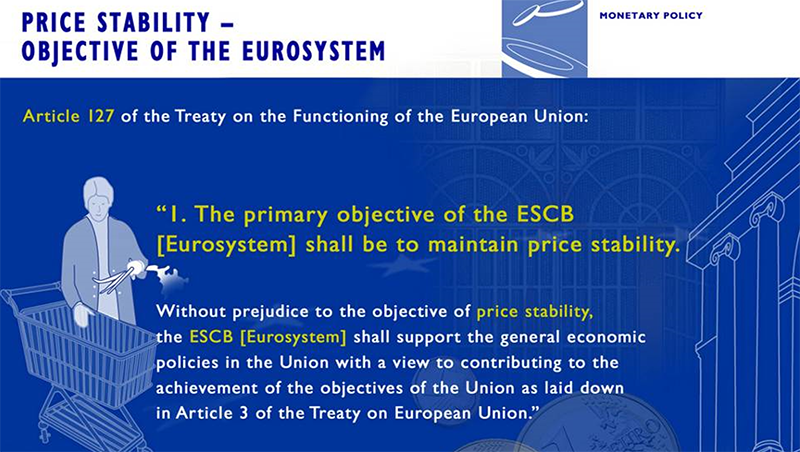
The ECB monetary policy
8.1. The European Central Bank
8.2. Organization and monetary policy strategy.
8.3. The Euro: the sovereign debt crisis and the future of the Euro.
Session 9.
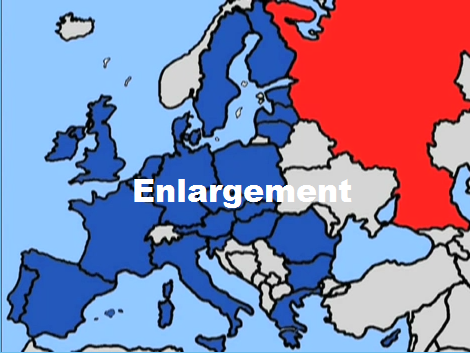
EU and Enlargement
9.1. Problems of Enlargement.
9.2. Candidates
Session 10.
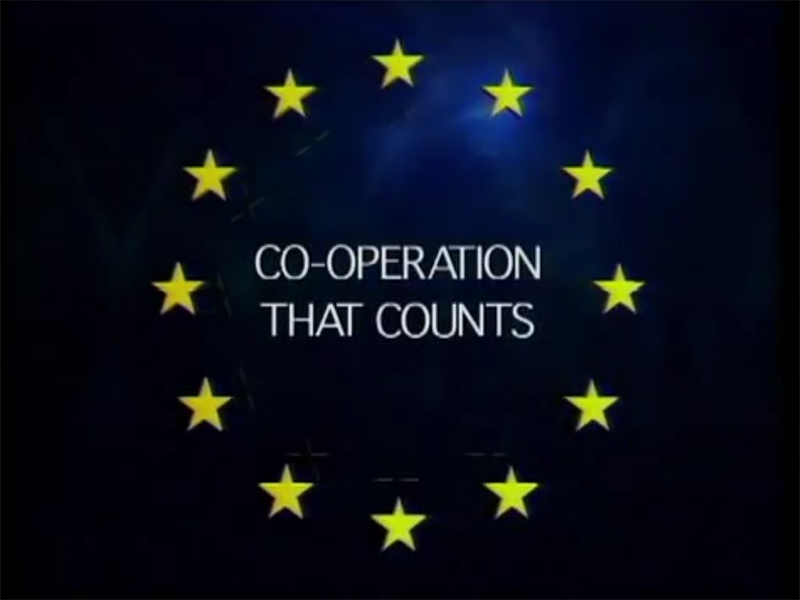
EU and Developing countries
10.1. Foreign Aid and Economic Development.
10.2. EU development policy. Millennium Development Goals.
10.3. EU and the ACP counties.
Session 11.

EU-Ukraine Association Agreement. Part1
11.1. General Principles. Trade. Economic and Sector Cooperation. Financial Cooperation.
Session 12.

EU-Ukraine Association Agreement. Part2
12.2 Agenda to prepare the implementation of the Agreement Luxembourg June2013.
Session 13
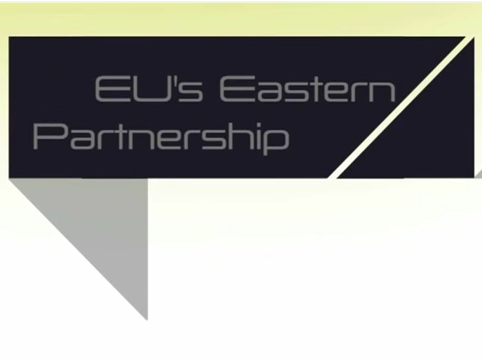
Eastern Partnership, Neighbourhood policy.
13.1. Eastern Partnership 2009
13.2. Eastern Partnership multilateral Platforms 2014-2017. Democracy, Good Governance and Stability, Economic Integration, Energy security and Contacts between people.
13.3. EU Neighbourhood policy (2004). Action plan. Financial support. Economic Integration. Easy travel to the EU. Technical and financial support.
Session14.
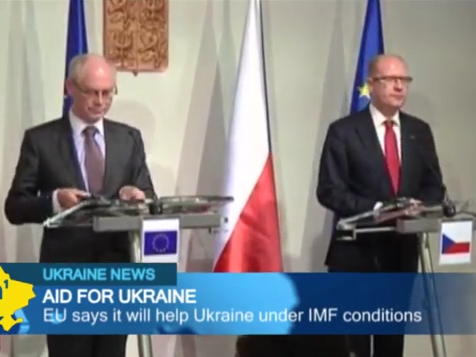
EU financial assistance to Ukraine.
14.1. EU financial co-operation with Ukraine (EU-Ukraine Association Agenda)
14.2. EU financial aid to Ukraine (Feb.2014).
14.3. IMF assistance To Ukraine (March 2014).
Session 15.
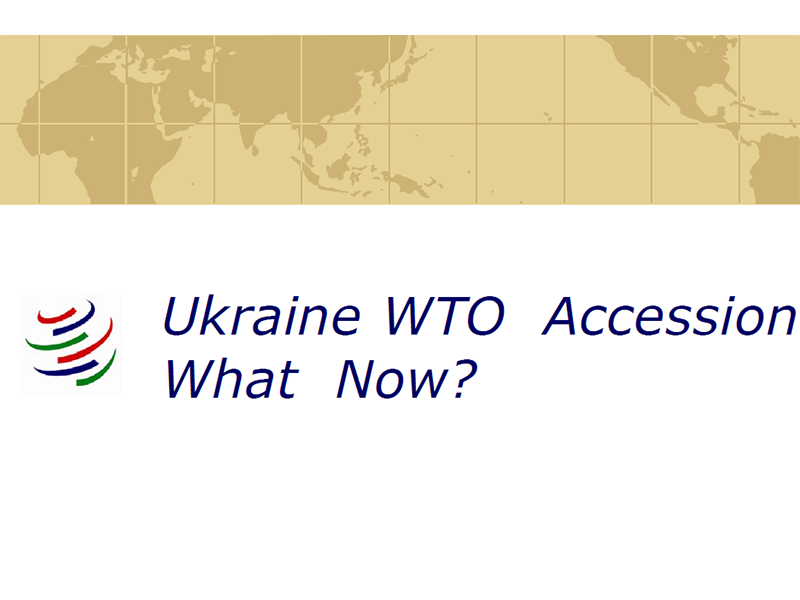
WTO membership of Ukraine.
15.1. The path of Ukraine into the WTO.
15.2. Ukraine member of WTO (2008).Commitments in the working party report. Market access to goods. Market access to services. Trading partners.
Session 16.

Eurasian Customs Union/Economic Community (2014)
16.1. Customs Union. Belarus, Kazakhstan and Russia.
16.2. Market access (Exemptions and restrictions)
16.3. Enlargement policy.
16.4. Benefits for whom? – World Bank analysis.
Session 17.
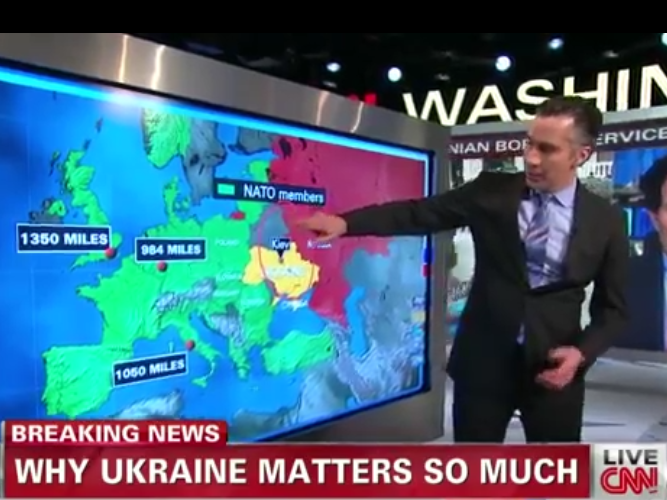
Ukraine geopolitics.
17.1. Geopolitical importance of Ukraine and future prospects of geopoliticalbalance.
17.2. Conflicts of interests: Ukrainian political parties, EU, USA, Russia
Session 18

Closing Session.European Union Crisis and distribution of Certificates by Rector

